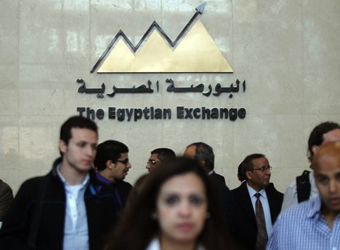Egypt’s new stamp duty on stock exchange transactions has come into effect on Wednesday
The duty has been set at 1.25 Egyptian pounds per 1,000 for the first year of the tax’s introduction, rising to 1.5 pounds in the second year and 1.75 in the third.
More than 270 companies are listed on the Egyptian stock exchange and more than 500,000 investors are registered to trade there.
The finance ministry is targeting revenues of 1-1.5 billion Egyptian pounds ($54.8 million-$82.2 million) in the first year of the new tax, deputy finance minister Amr al-Munayer said in a telephone interview with Reuters last March.
Egypt imposed a stamp duty on buyers and sellers in May 2013, collecting more than 350 million Egyptian pounds in revenues before the levy was replaced in July 2014 by a 10 percent capital gains tax.
The government suspended the capital gains tax in May 2015 for two years, under pressure from investors. They said it was discouraging business just as Egypt was struggling to recover from a plunge in confidence after a 2011 uprising and subsequent political upheaval.
The Higher Investment Council last year extended the suspension of capital gains tax until 2020 as part of efforts to draw investors back. Instead, Egypt plans to revive the stamp duty as part of an economic reform programme that helped it win a $12 billion three-year loan from the International Monetary Fund.
